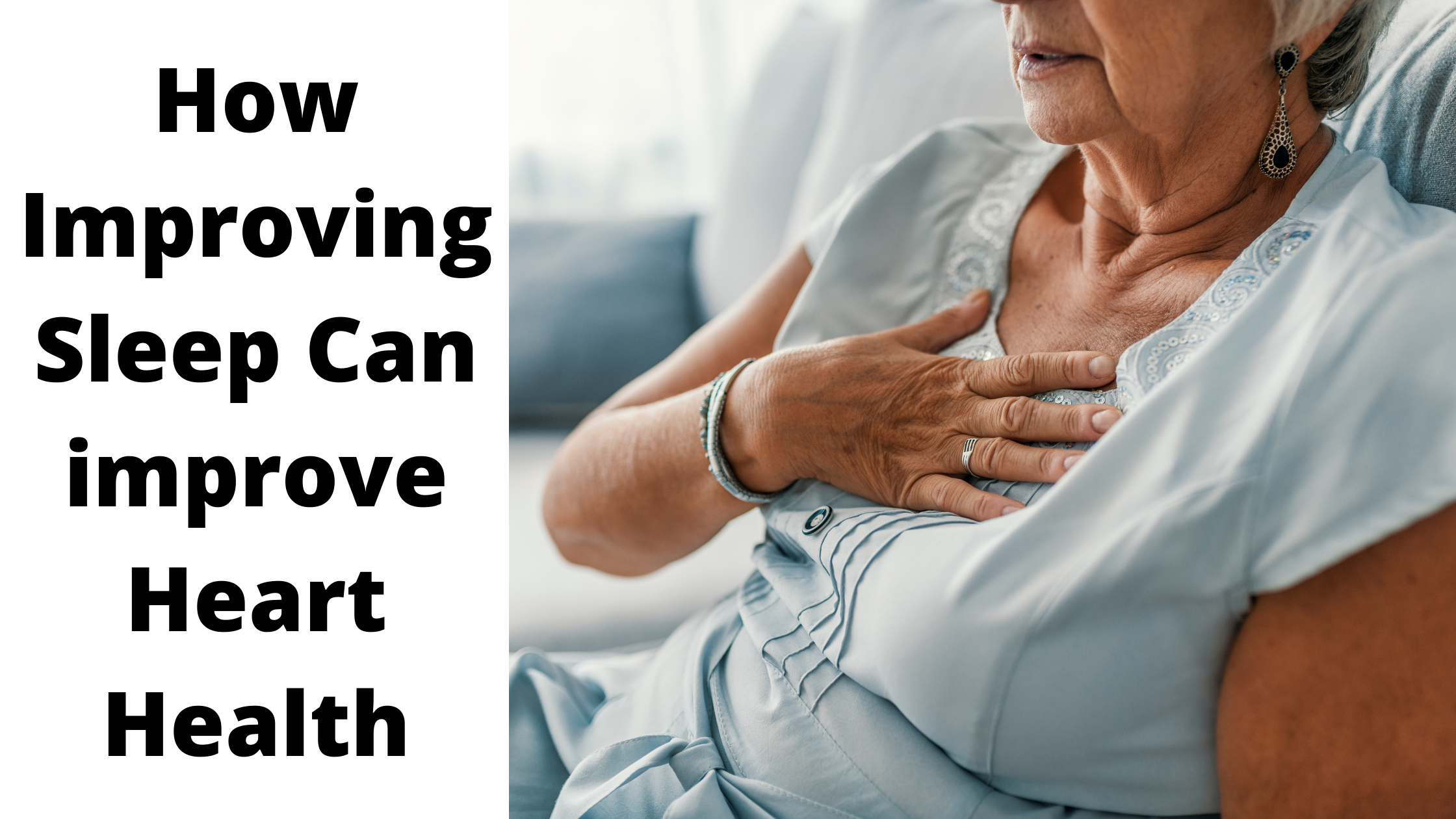
It's been well-established that poor sleep can have very negative health effects. However, a recent study has expanded this knowledge by finding that multiple sleep issues at the same time can further increase risk for heart disease in middle age. Improving your sleep hygiene may be the key to improving your overall health. We are going to discuss some of the associated risks with sleep problems and some things you can do to improve your sleep hygiene.
What are sleep comorbidities?
The term comorbidity refers to several health issues happening simultaneously, or at the same time. Sleep comorbidities are several sleep problems that happen at the same time. When they all add up, you get a bigger loss of quality and quantity in regards to your sleep.
These comorbidities can include sleep apnea, restless leg syndrome (RLS) insomnia, and any other disorder that causes you trouble when you're trying to go to sleep. Some of these happen just at one time, but other times, many of them come together and culminate together to a really rough night of sleep.
You may think it's no big deal, or normal, that you always feel unrested or that you didn't sleep well. However, it is very unnatural and not beneficial for your overall health if you do not get optimal sleep.
Sleep deprivation
Sleep deprivation is the term for when you don't get the recommended 7-9 hours of sleep each night. It may be tough to get that every single night, but if you can average that throughout the week, then you are giving your body adequate rest. The important part about these hours is to not only get them, but make sure they are quality. You are soundly asleep, cycling through your phases of sleep, for those 7-9 hours.
Sleep deprivation has some detrimental effects to your health. Your brain is the equivalent of a drunk driver when you're sleep deprived. So if you're driving, operating heavy machinery, or doing anything that requires a lot of concentration, you may be lacking in your ability to fully focus.
Sleep deprivation can also worsen or contribute to the development of mental health issues such as depression and anxiety. Your physical health can take a hit as well. Less sleep increases your risk for heart disease, hypertension, hypoxia, and illness.
Heart disease risk in middle age
Multiple sleep problems can increase middle-aged adults' risk of developing heart disease. Those who reported multiple coexisting sleep issues had a 54% higher risk of heart disease, according to the research. Poor sleep in this age group also lead to the loss of productivity, impaired immune system, and early death.
Sleep problems reported by these individuals included:
- Having a sleep debt, or a significant gap between weekday and weekend sleep
- Trouble falling asleep
- Waking up during the night and having trouble falling asleep
- Feeling unrested during the day, regardless of the hours slept
- Feeling a need to take three or more naps per week
- Too short or long total sleep time
These sleep problems may just seem like a normal night of sleep because they have been happening for so long, but they actually are abnormal and can create many issues.
Improving sleep
If you would like to improve your sleep, then you can start with some behavior modifications that improve your sleep hygiene. Sleep hygiene is your routine before going to bed, sleeping environment, and any other activities you do that could influence your sleep.
One way to improve your sleep hygiene is to create a sleep schedule that you prioritize and try to adhere to. This sleep schedule should cover anywhere from 7-9 hours and the activities you do before bed. These activities should be relaxing as you are getting ready to wind down for bed. Activities like reading, stretching, and anything else that reduces your heart rate and prepares your body and mind for bed are helpful.
Blue screens, working, working out, late night eating, are all activities that can interfere with getting to bed.
Also, try drinking things that help with sleep like chamomile tea instead of sodas, coffee, alcohol, and anything else with caffeine, late in the day.
Your sleep environment should be cool, dark and quiet. Any sources of light can be disruptive towards your sleep. Turn off TVs, shut curtains, and turn off all the lights that could creep into your room. You want it to be an environment that doesn't activate any part of your brain that thinks you should be awake.
If you think your sleep issues go far beyond these behavioral modifications (such if you have sleep apnea, RLS, or another sleep disorder) then please continue to work on those modifications, but also click the orange button below and take a free online sleep test so you can speak with one of our sleep health professionals.
https://www.sleepfoundation.org/sleep-news/bad-sleep-increases-heart-disease-risk

